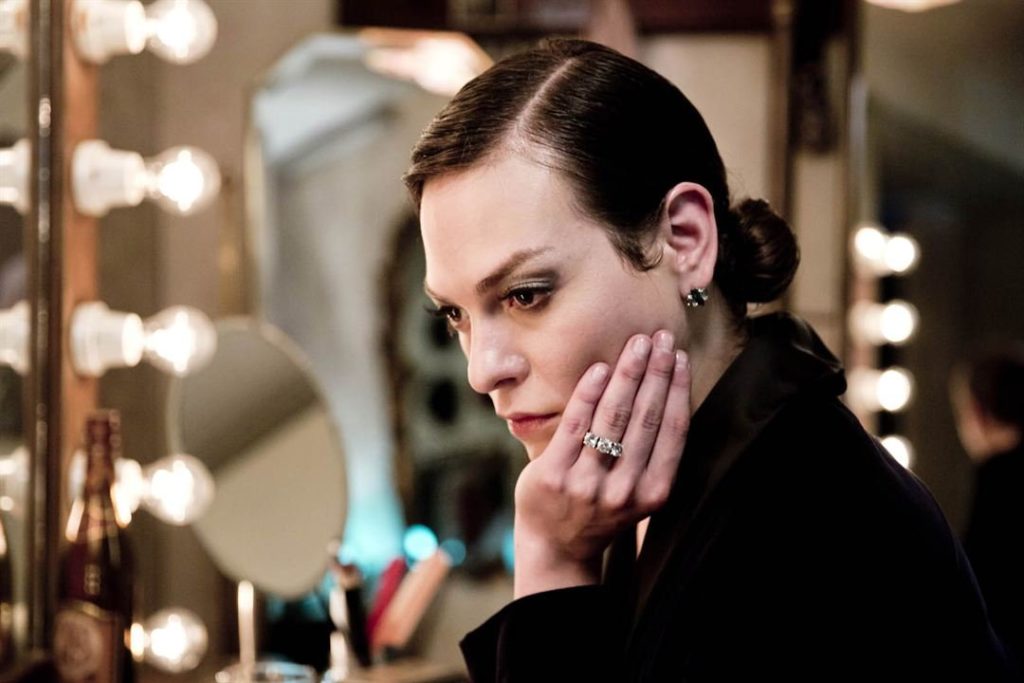Sight & Sound magazine invited me in 2012, and now again. I could not refrain from myself even if I stopped working as a film critic back in 2015. As we say in Chile, “para qué me invitan si saben cómo me pongo” (why you invite me if you know the things I do). Anyway, happy to share my list and the reasons for adding these films. (By the way, this is what I voted in 2012)
This is my second invitation to this poll (hopefully not the last). I decided to change all the films I put in my first list, except one. That helped me to sleep and showed me a way of addressing the canon in a list that is inclusive in the best way possible.
Marnie (D: Alfred Hitchcock, 1964, USA)
As Robin Wood famously said, “If you don’t like Marnie, you don’t really like Hitchcock. But if you don’t LOVE Marnie, you don’t really love cinema.” Many filmmakers made great films, but just a few create a language and a grammar with their works. This is the best case to illustrate this idea, made by the greatest filmmaker that ever lived.
F for Fake (D: Orson Welles, 1973)
The best film about cinema ever done.
Only Angels Have Wings (D: Howard Hawks, 1939, USA)
Hawks invented and reinvented the male ethos. Many times this has been read as an apology for American individualism, but it goes far beyond that. Hawks believed in nobility beyond aristocracy and resilience beyond martyrdoms. He created the most perfect, most accessible idea of a world without classes and, better, no gods.
Ikiru (D: Akira Kurosawa, 1952, Japan)
Films are made to remain alive beyond death. Films are made of spirits and ghosts. This film is about that transfiguration from “realism” to vigil.
GoodFellas (D: Martin Scorsese, 1990, USA)
Cinema is unbreakable — that’s what we’ve learned from low-budget and B films. With that in mind, GoodFellas added fuel to Shakespeare, and made art out of cocaine to recreate the excitement of being a criminal and a film spectator at the same time. Thirty years later, still a unique film.
Les Trois Couronnes Du Maletot (D: Raúl Ruiz, 1983, France)
Still under the radar, it will take decades or even centuries for Ruiz to be recognized as the greatest film storyteller that ever lived. He reinvented film grammar, to say the least. This inclusion is a timid attempt to give myself the opportunity in 50 years of feeling proud and saying, “I told you so”.
La ciénaga (D: Lucrecia Martel, 2001, Argentina, USA, Japan, France, Switzerland, Spain, Brazil)
The male gaze dominated the first century of cinema. La Cienaga inaugurates the female gaze of the 21st century. It is a whole different way of filming and telling. A refreshing invitation to the future. Sadly, it is taking longer than expected to see the fruits of that new path.
They Live (D: John Carpenter, 1988, USA)
Those dark glasses are the essence of the cinematic experience.
Opening Night (D: John Cassavettes, 1977, USA)
Douglas Sirk, Fassbinder, Almodóvar, Bertolucci, Pollack, Eastwood… Melodrama is at the heart of the best films ever made, but no one did it better than Cassavetes. Timeless.
Running on Empty (D: Sidney Lumet, 1988, USA)
As everybody has known since Casablanca, films are really good at recreating the moment of goodbye. This is the best goodbye film ever.

